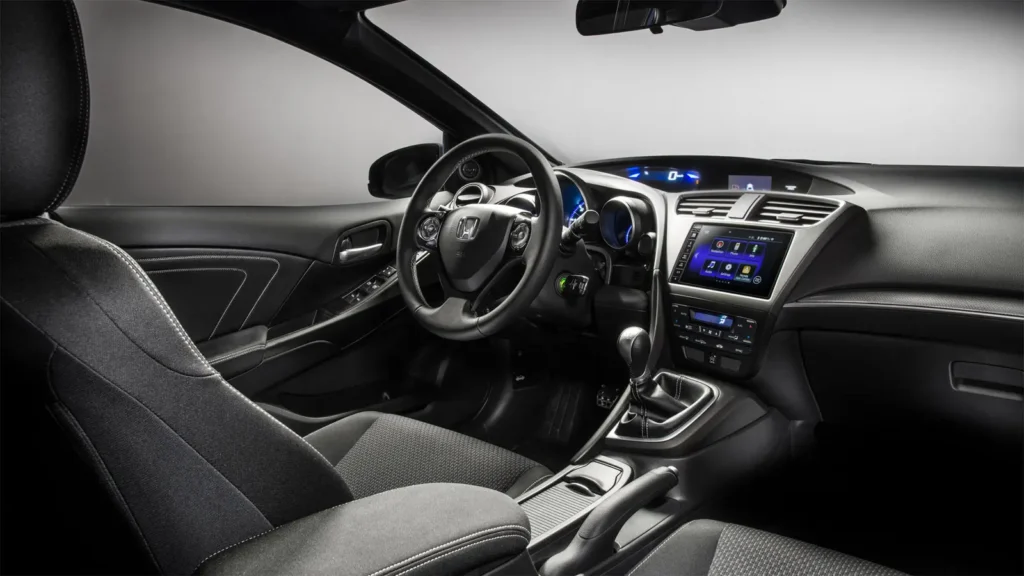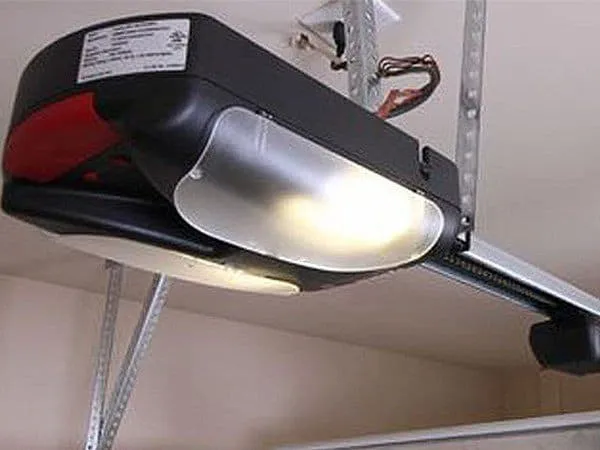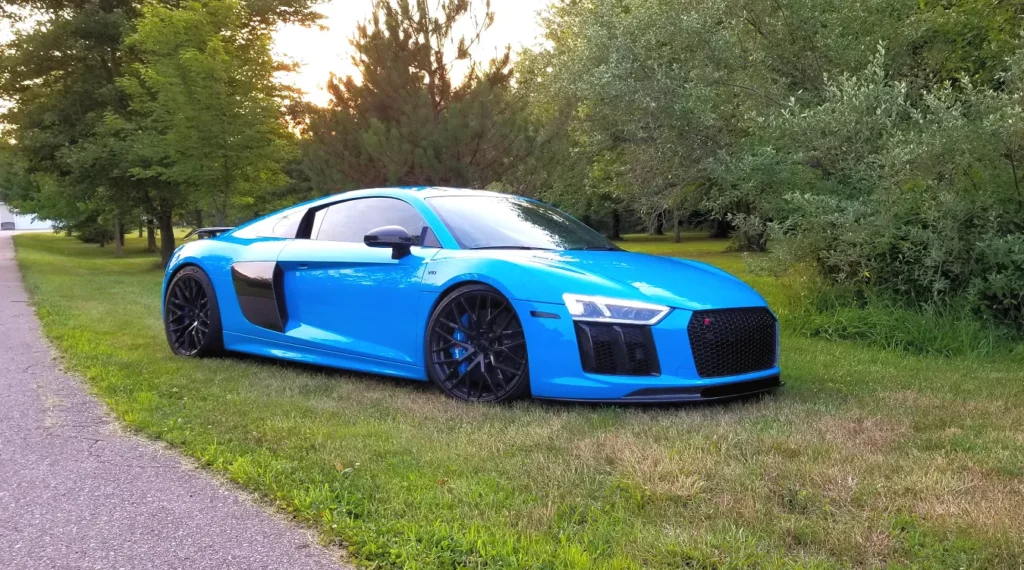New car smell is one of those things everyone recognizes instantly. You open the door of a brand-new car, sit down on the fresh seats, and that scent hits your nose—clean, fresh, a little sharp, and somehow really satisfying. But have you ever wondered what that smell actually is or why it fades after a few weeks? People associate it with something expensive and exciting. It makes them feel like they’re starting fresh. But behind that scent is more science than you might think.
That smell doesn’t come from just one thing—it’s actually a mix of many tiny chemical gases. These gases come from new plastics, seat foam, adhesives, vinyl, and other materials used during car production. When the car is first built, all those new materials start to release gases into the air inside. This process is called off-gassing, and that’s what creates the scent we all know as new car smell.
Quick Facts Table About New Car Smell
| Detail | Info |
|---|---|
| What causes the smell | VOCs from plastics, adhesives, and fabrics |
| Common chemicals | Formaldehyde, benzene, toluene |
| Health risks | Headaches, dizziness, irritation for sensitive people |
| Duration of smell | 4 to 12 weeks (on average) |
| How to reduce it | Ventilation, activated charcoal, air filter replacement |
| How to keep it longer | Use air fresheners, keep interior clean |
| Is it natural? | No, it’s man-made through industrial materials |
| Psychological impact | Triggers excitement, feelings of freshness and ownership |
| Market for the scent | Air fresheners, sprays, detailing products |
| Cultural opinions | Loved in many countries, avoided in others like China |
What Chemicals Are Behind New Car Smell?
Even though it smells nice, new car smell is actually made up of volatile organic compounds, often called VOCs. These include chemicals like benzene, toluene, and formaldehyde. You’ll find these in dashboard plastics, glues used in the cabin, or the vinyl on the seats. These substances slowly evaporate into the air after the car is built, especially if it’s sitting in warm weather.
Now, these chemicals sound pretty serious—and they are. In large amounts, they can cause problems. Some people might feel dizzy, get a headache, or feel sick if they spend too long in a tightly closed new car. That’s why it’s recommended to roll down your windows regularly, especially in the first few weeks, to let fresh air push the chemicals out.
Even car manufacturers are aware of this, and some are now designing cars to reduce VOC levels in the cabin. They’re also using better materials and testing for air quality inside the car before delivery. Still, many people continue to love the smell because it’s become such a strong symbol of owning something new and clean.
Why Do People Enjoy the Scent Emotionally?
There’s also a psychological side to new car smell. It’s not just about chemicals—it’s about memories and feelings. For many, that scent reminds them of their first car or a major life event like getting a promotion or going on a road trip. It brings back good vibes and the excitement of having something shiny and untouched. This emotional link makes the scent extra special, even if the cause of the smell is a bunch of gasses escaping from glue.
In fact, it’s so loved that some companies have created bottled versions of the scent. Air freshener brands like Chemical Guys or Armor All offer sprays and gels that recreate that iconic smell, so even an old car can feel fresh again. Some dealerships even use these products before handing over a used car to make it feel newer to the buyer.
How Long Does the New Car Smell Last?
The typical new car smell can last anywhere from a few weeks to a few months, depending on how you use your vehicle. If the windows stay up and the weather is warm, the smell may stick around longer. If you drive often with windows open, it’ll fade quicker. That’s because the more you ventilate the car, the faster the VOCs escape.
Eventually, the scent will disappear on its own, and the car will start to develop its own new smell depending on how you use it. That could be the smell of food, gym clothes, or even your perfume. So if you want to keep that new scent going longer, avoid eating in the car, keep it clean, and use a spray or air freshener to maintain the illusion of newness.
Can the New Car Smell Be Harmful?
Most experts agree that short exposure to new car smell isn’t dangerous. However, for people who have asthma, chemical sensitivities, or just prefer fresh outdoor air, the smell might be irritating. It’s always smart to keep your new car aired out in the first few weeks. You can do this by opening windows while driving, using the fan system to bring in outside air, or parking the car in a shady spot with windows cracked open slightly.
In some parts of the world, like China, drivers have even raised complaints about strong new car smell, and some automakers have had to adjust their designs for specific markets to reduce those odors. So while the scent is loved in many places, it’s not universally appreciated.
How to Remove New Car Smell If You Don’t Like It
If you just bought a car and can’t stand the new car smell, don’t worry—it’s easy to reduce. Start by keeping the car well-ventilated. Drive with your windows down as much as possible. You can also place bowls of baking soda or activated charcoal inside the vehicle to absorb odors. These natural materials help trap VOCs and other scents.
Changing the cabin air filter can also help, especially if the filter holds onto some of the chemicals from the factory. Wiping down surfaces with a mixture of water and vinegar (or a mild cleaner) can also help reduce lingering smells without harming your interior.
How to Bring the New Car Smell Back
For those who miss it, there’s good news. It’s actually pretty easy to get that scent back in your car. Buy a new car smell air freshener from a trusted brand, spray lightly around the cabin, and your vehicle will instantly feel fresher. Some sprays are designed to mimic the exact mix of VOCs (minus the harmful side effects) that were present in the car when it was new.
Some people also suggest doing a deep clean of the interior first—shampooing the carpets, wiping down surfaces, and getting rid of any personal smells—before adding the freshener. That way, the scent isn’t mixing with other odors.
Conclusion
New car smell is more than just a mixture of plastic and glue—it’s a symbol of something new, exciting, and full of promise. While it comes from chemical compounds that may not be perfect for long-term health, the short-term experience is mostly harmless and often enjoyable. For many, it represents the joy of buying a car for the first time, a fresh journey, or simply owning something clean and untouched. Whether you love it or hate it, there’s no denying that new car smell is one of the most iconic scents in modern life.
If you’re someone who enjoys the feeling of stepping into a new vehicle, you can easily recreate the scent and keep your cabin smelling fresh for years. And if you’re someone who’s sensitive to it, just a little ventilation and natural odor removers can go a long way in keeping your car comfortable.
I am Muhammad Waqas and I am dedicated to promoting sustainable vehicles. Observing EV trends, studying the intricacies of the EV industry, and promoting new EV launches fall under my expertise. I have been working in this field for 5 years and making efforts for a sustainable and healthy future.













